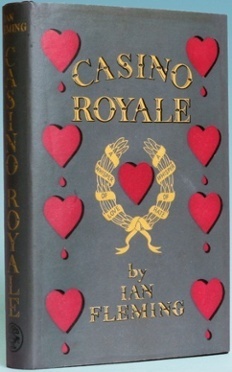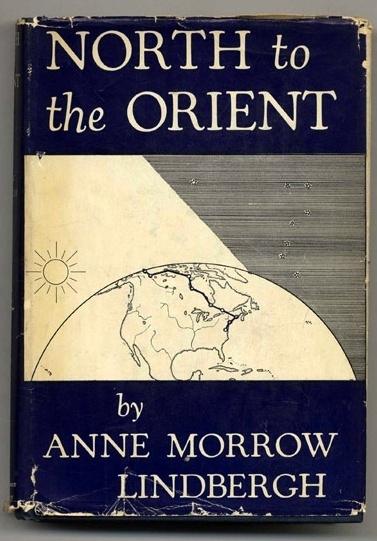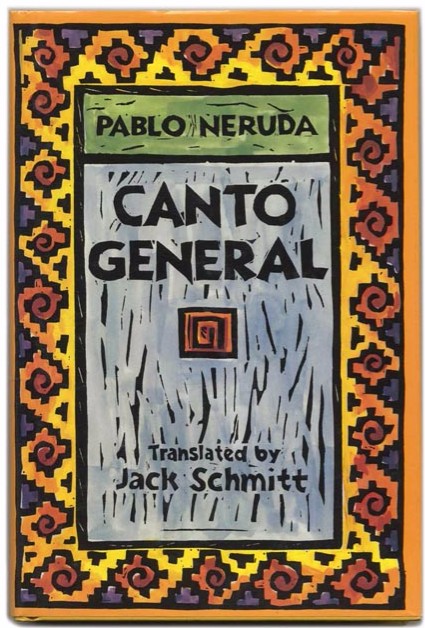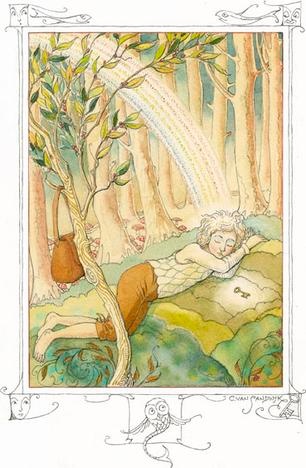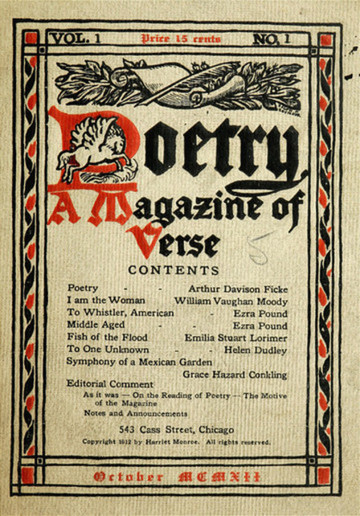On a recent trip to Italy, I had two tools at my disposal: a GPS and a guide book. Given the complexity of the network of roads and the simplicity of the road construction—often nothing more than ruts worn into gravel clinging precariously to hillsides—the GPS often failed me utterly. The guidebook, on the other hand, helped me navigate hill towns, wine cellars and even menus with amazing precision. It led me to all the destinations and experiences I had imagined before I left for Tuscany.
Navigating, however, is different from transporting. It is travel writing that allows us to venture vicariously from home sans GPS or guidebook. Henry James (1843-1916), the American-born British writer, brought his considerable talent to bear on the travel writing genre, capturing the geography, architecture and culture of the places he visited and, from the 21st Century perspective, allowing us to time-travel, as well.




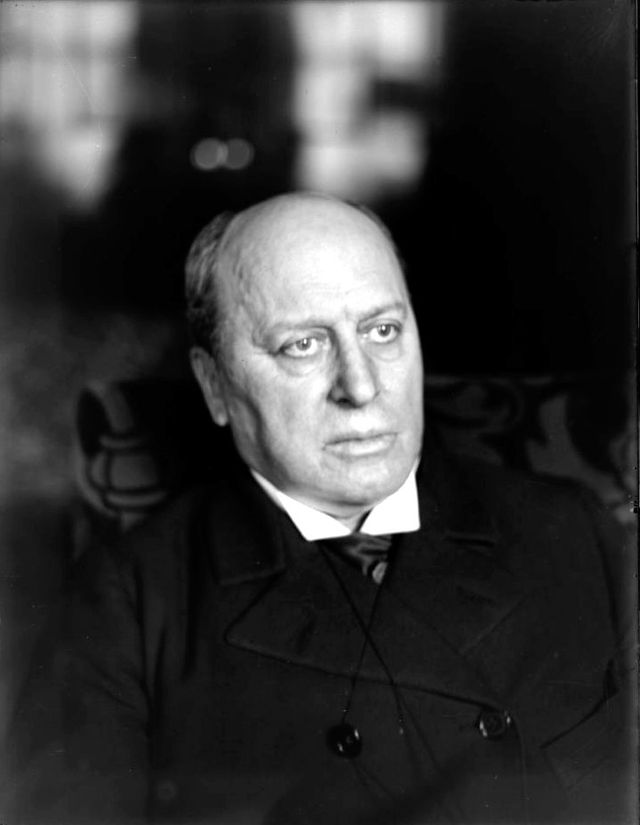
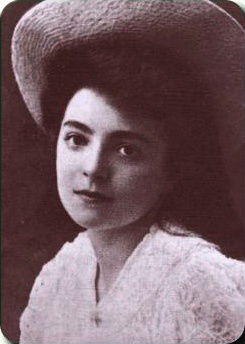
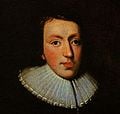
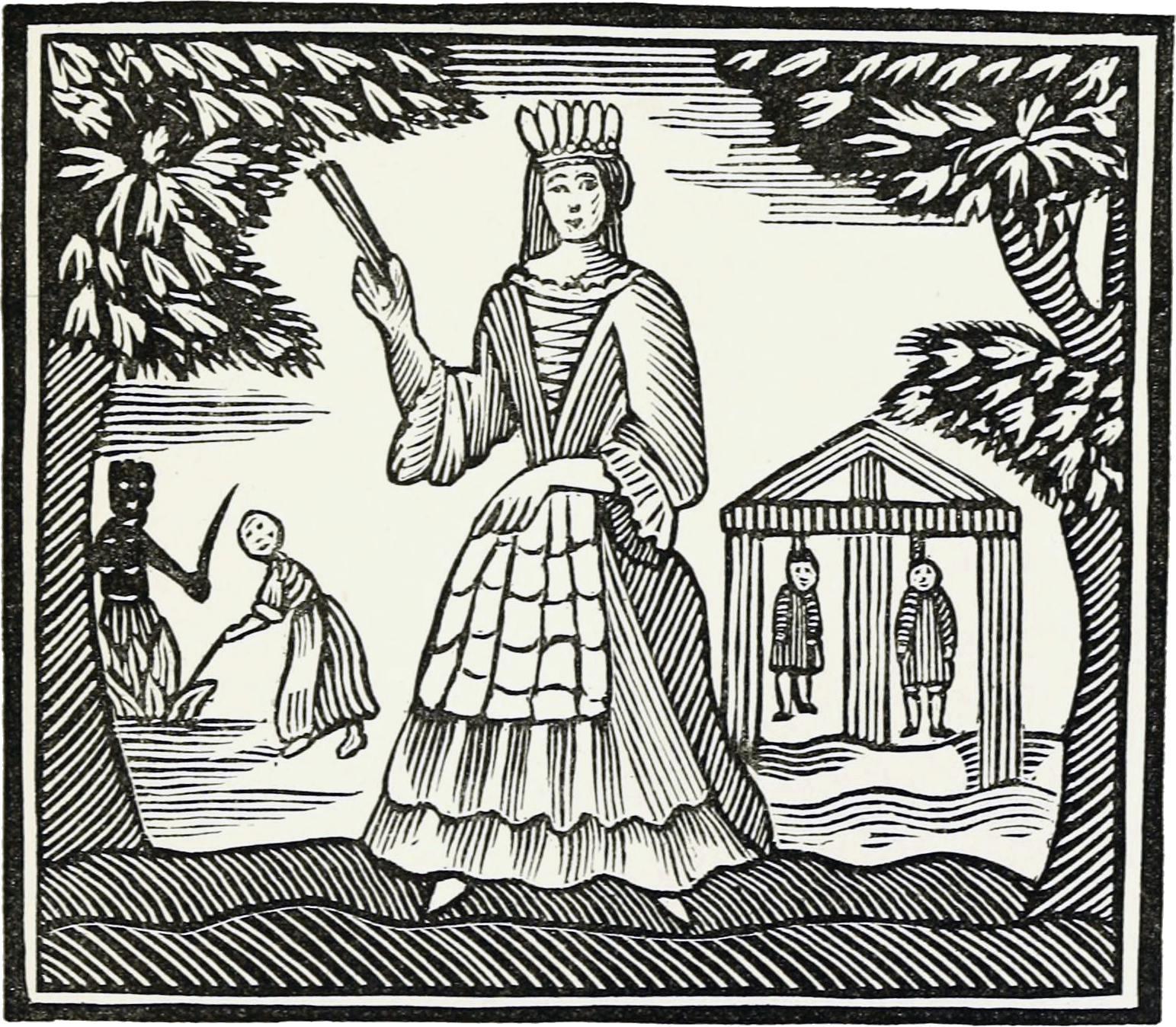
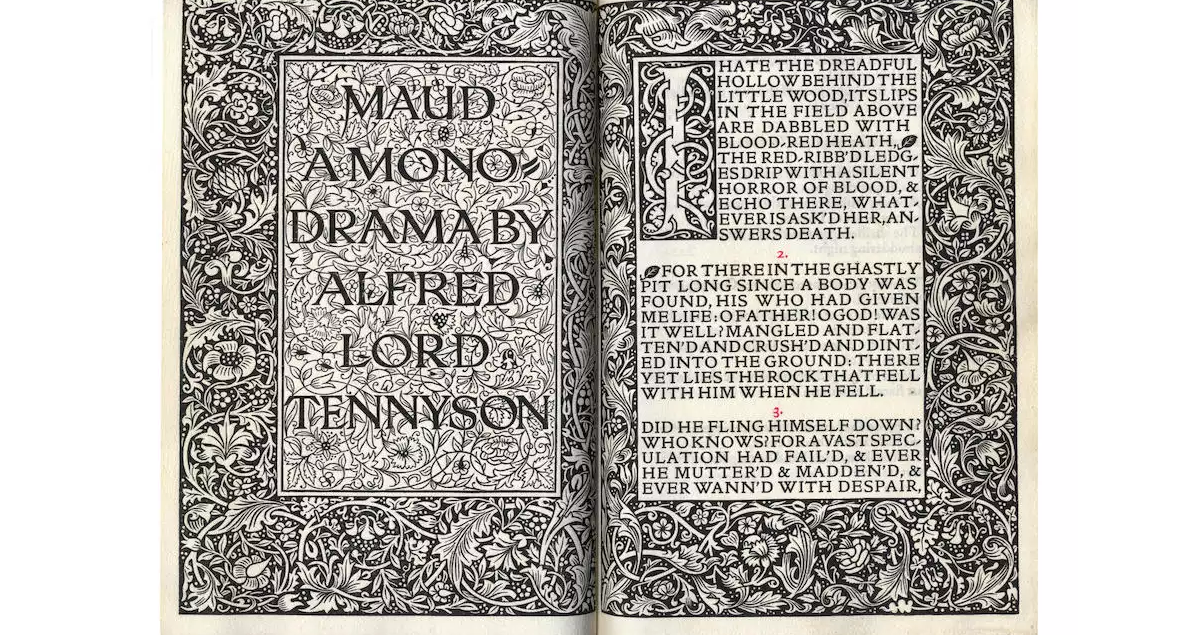
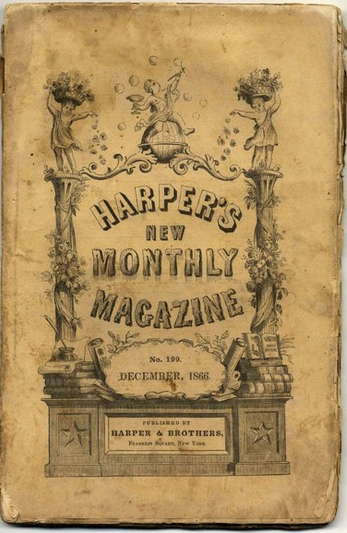
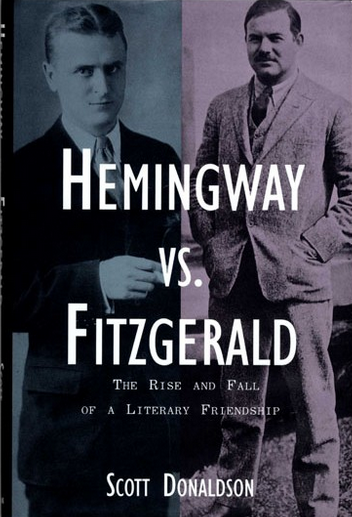
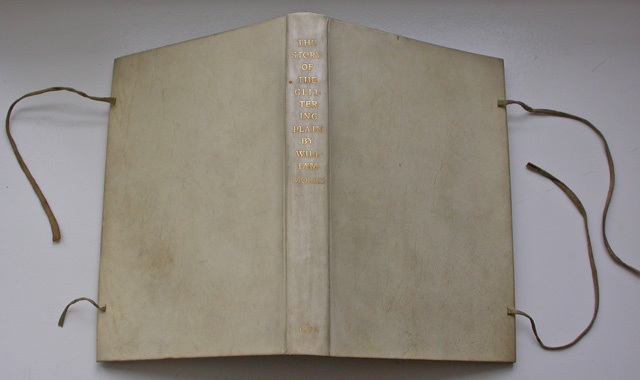
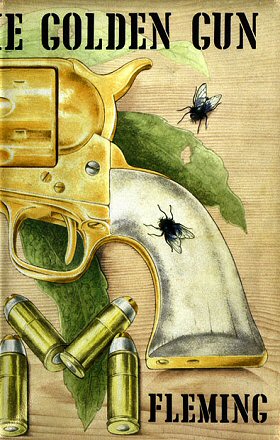

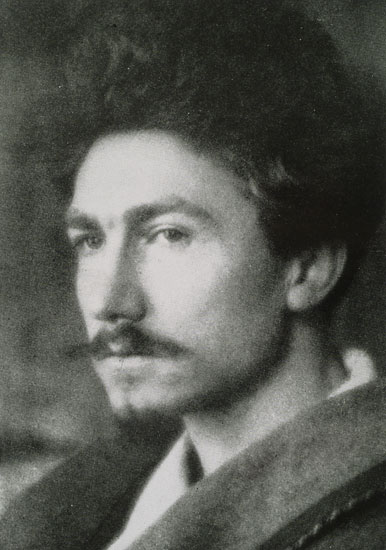
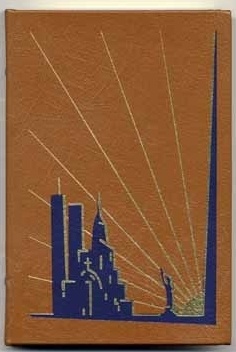
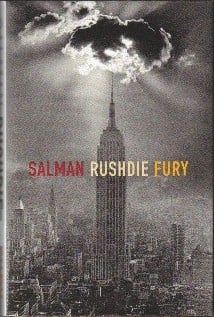
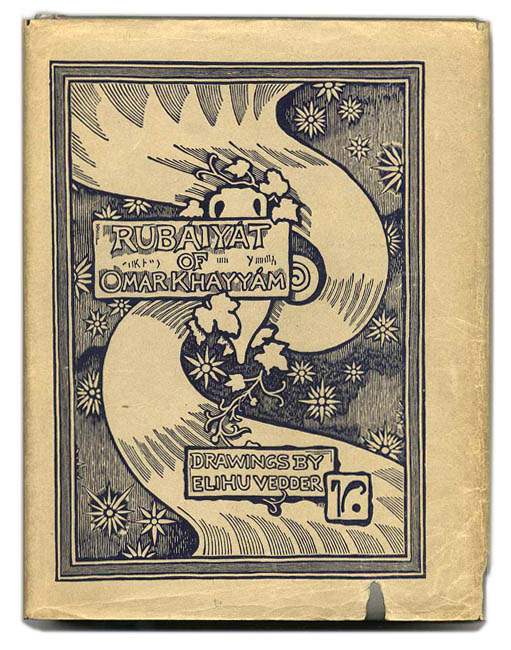
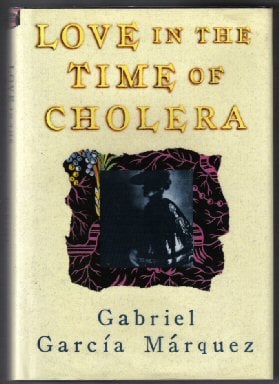
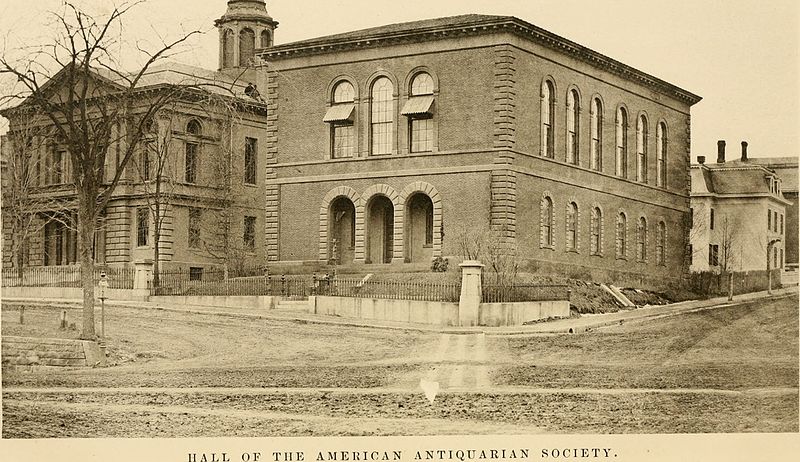
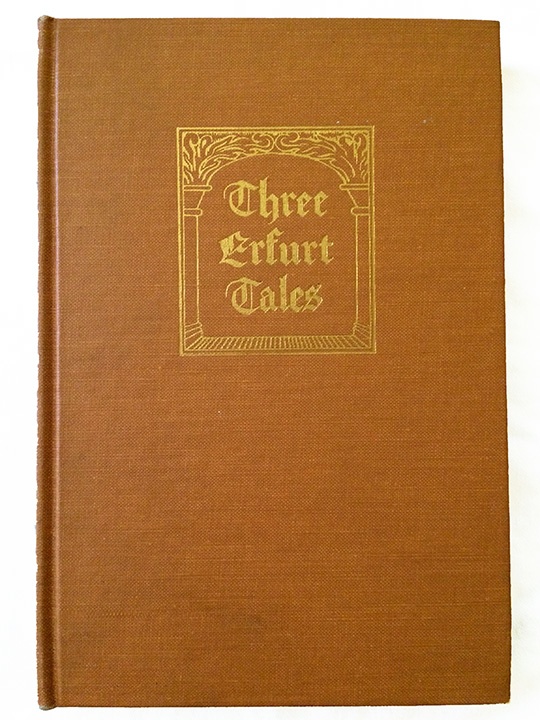
.png)
